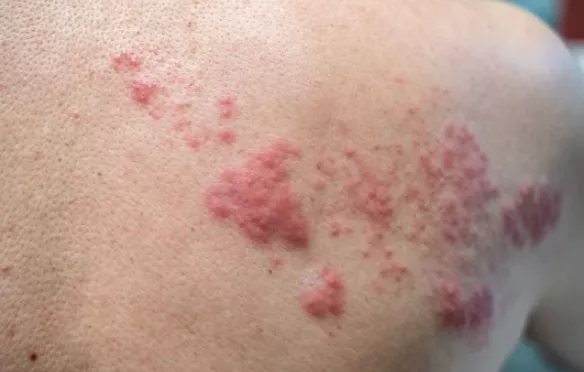New research provides further evidence that the shingles vaccine (herpes zoster, or HZ vaccine) can lower the risk of dementia. Published in JAMA, the study reinforces earlier findings from Wales. It shows that people who receive the shingles vaccine are less likely to be diagnosed with dementia in the following years.
Shingles Vaccine and Dementia Risk: The Study
The study analyzed electronic health records from Australia and supported the results of a similar study conducted in Wales. In Australia, the live attenuated HZ vaccine was made available free of charge to individuals aged 70 to 79 starting November 1, 2016. People born before November 2, 1936, were not eligible, creating a natural experiment that compared vaccinated and unvaccinated individuals who were very similar in age and other characteristics.
Key Findings: Lower Dementia Risk Linked to Vaccine
The research revealed that eligibility for the shingles vaccine was associated with a 1.8 percentage point reduction in the likelihood of being diagnosed with dementia over a 7.4-year period. This was a significant finding with a 95% confidence interval ranging from 0.4 to 3.3 percentage points. Importantly, the study showed that the vaccine did not impact the likelihood of being diagnosed with other common chronic conditions, such as heart disease or diabetes.
How the Shingles Vaccine May Help Prevent Dementia
Researchers suggest that the live attenuated HZ vaccine may influence the dementia process through a pathogen-independent immunomodulatory pathway. This means that the vaccine may help modulate the immune system in a way that slows down or prevents the development of dementia, even if it does not directly prevent the infection associated with the virus.
Conclusion
This study provides strong support for the hypothesis that the shingles vaccine could play a role in preventing dementia. With the growing prevalence of dementia worldwide, these findings suggest that a simple, cost-effective vaccine could potentially reduce the burden of the disease. However, more research is needed to fully understand how the vaccine may impact the dementia disease process.
Related topics:
























